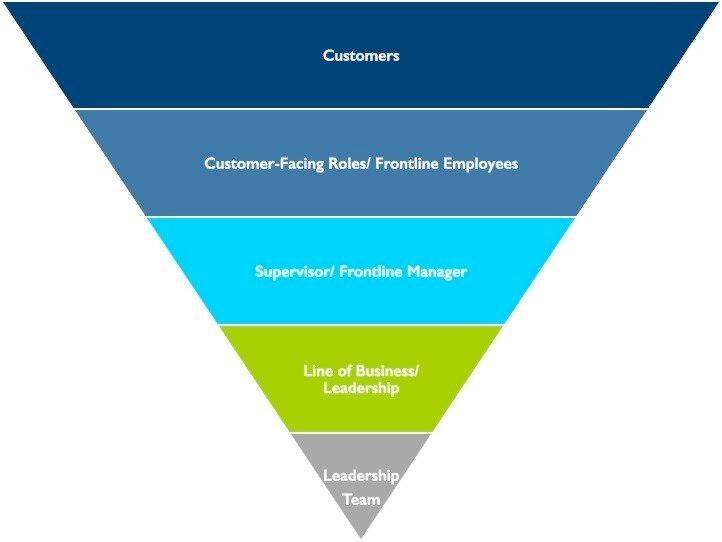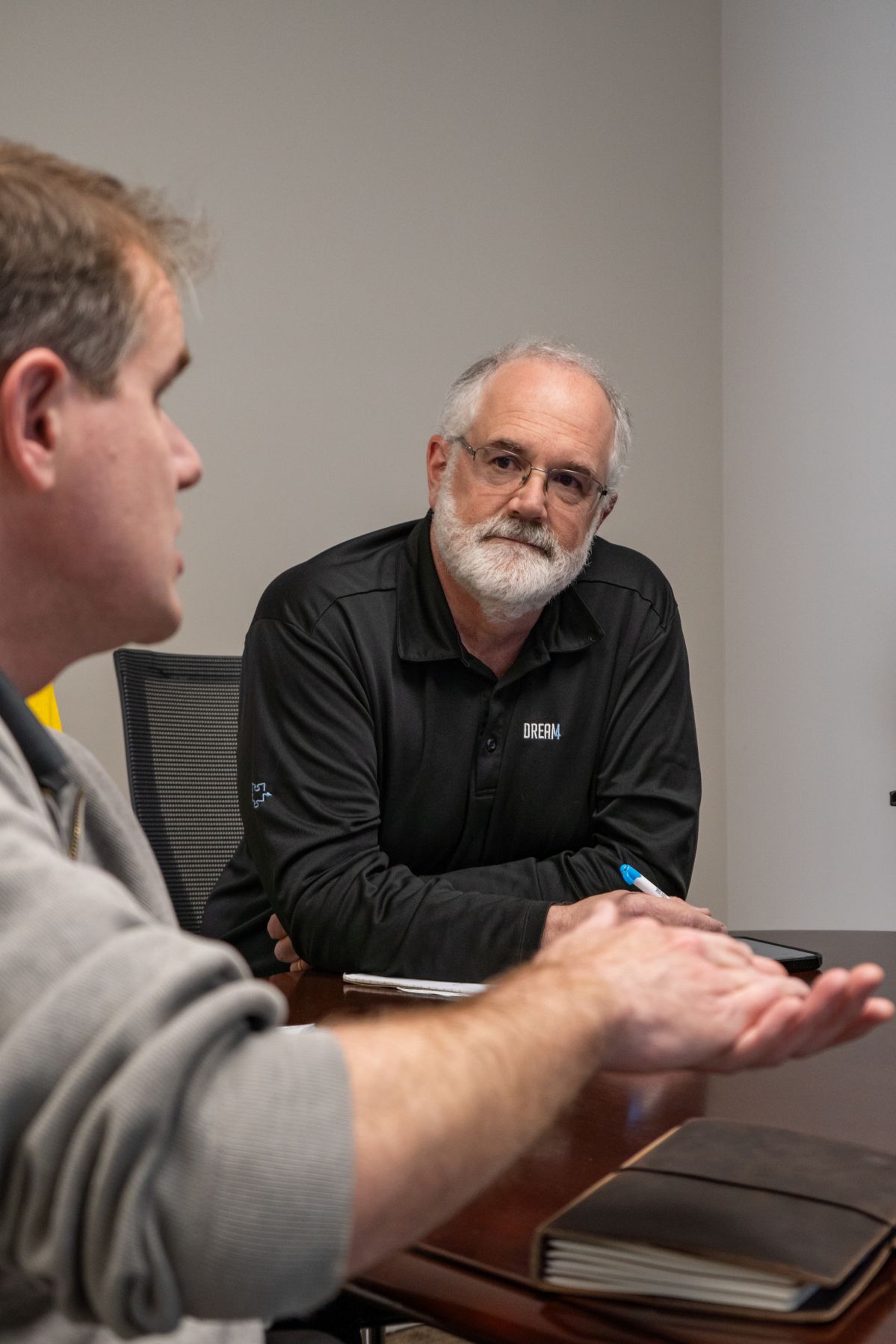Servant Leadership: Flip the Organizational Chart Upside Down
In the typical power leadership model, we are told to serve those to whom we report. However, authentic servant leadership flips the hierarchy upside down, and true effective leadership happens when we begin to serve those who report to us.
Becoming a servant-minded leader is not as simple as flipping a chart. It takes a significant shift in mindset. As we discussed last week, influential leaders are first and foremost selfless. And a serve-first mentality cannot be accomplished with a selfish attitude.

Now, what are some of the tangible ways – the best practices – of servant leaders?
- Engage Early
First impressions are crucial, and leaders should not assume that their typical onboarding procedures are equally impactful for every employee. Take time to ask questions, solicit feedback, and hear opinions. Leaders should fill in the individual gaps from the onboarding process. This conveys the message, from the onset of employment, that the employee’s thoughts are valued. He or she may also still have questions that need to be addressed.
- Continual Focus on Talent Development
To develop talent, leaders must know what an employee is passionate about. Areas where people are passionate are where they demonstrate the highest performance. Take time to ask questions such as, “What do you really want to do?” and “What gets you excited?”
Another way to develop an employee’s talent is to relinquish and delegate control selectively. When employees can lead specific projects and take ownership of initiatives, it builds confidence. Servant leaders are enablers – they harness the resources and talents of their team.
- Provide Accountability with Encouragement, Humility & Trust
Employees who want to grow crave accountability. The connotation of accountability has become negative – the idea that “big brother” is looking over your shoulder. Accountability is about providing support, and we see it in positive and negative situations. And as leaders, we specifically see it in the successes and failures of our teams.
To learn more about how self-accountability is essential for influential leaders, read this blog post!




